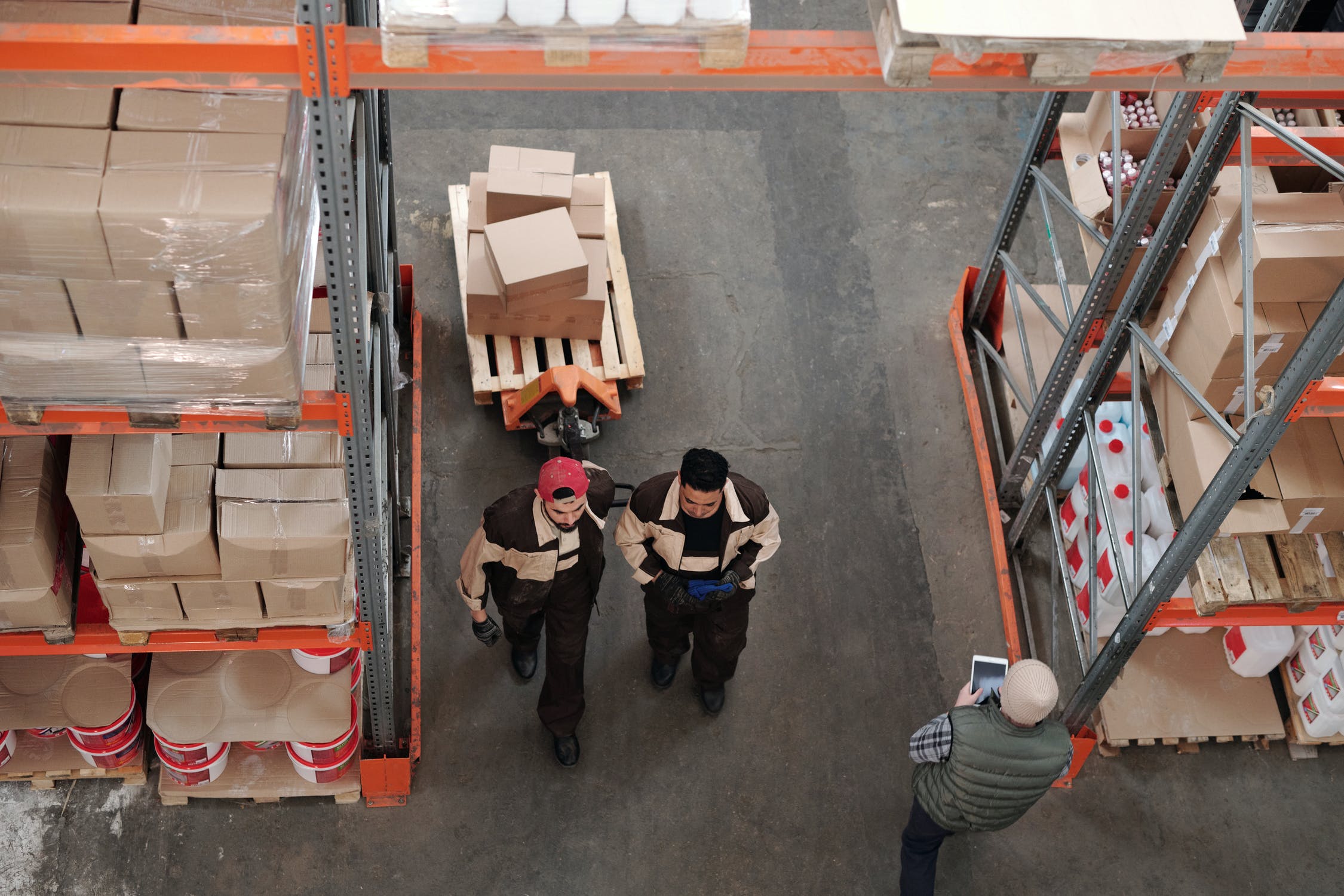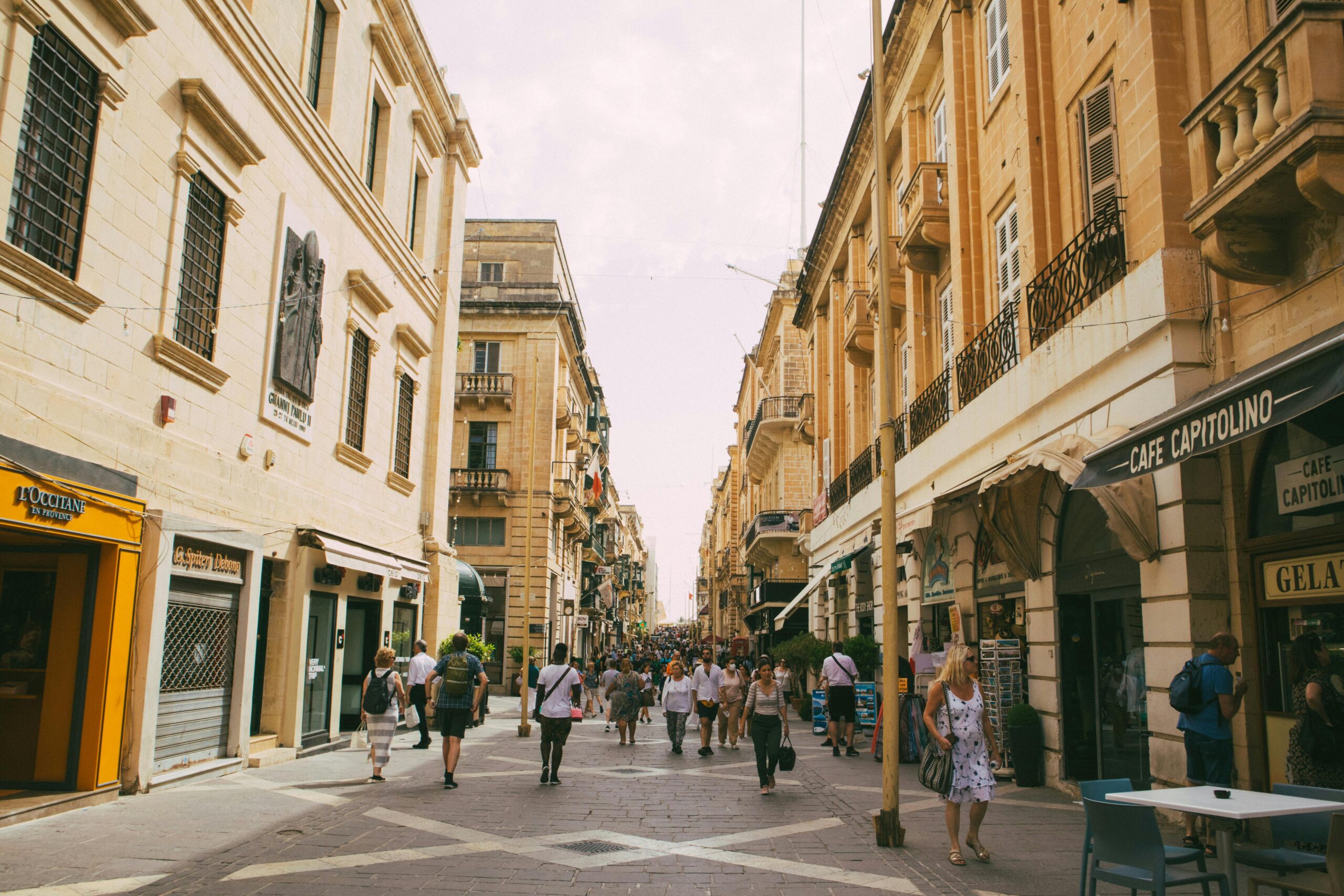Although Malta’s tax regime is “without any doubt” a highly attractive element for foreign investment, it is far from the only one, and indeed, not the most important, according to a local economist.
Daniel Gravina, a resident academic lecturer in the Department of Economics at the University of Malta, who previously served as director of economic advisory services at Grant Thornton Malta, as well as head of economics in Malta Enterprise’s research and policy review unit, argues that multinationals take into consideration several factors when choosing where to set up a manufacturing plant or an office.
“The availability of skills, the political environment, connectivity, legislation… Many times, these are more important determinants than a favourable tax regime,” he tells BusinessNow.mt.

Reacting to the EY Malta Attractiveness Survey released earlier this week, which found tax reform at the top of foreign companies’ concerns, Dr Gravino makes no bones about the fact that any potential international reform, whether through European harmonisation or the establishment of a global minimum rate of corporate tax, will affect the local economy.
“Of course, some foreign investors are more sensitive to changes in the tax regime, especially those that invest less heavily in capital and labour within the country,” he says. “The pressure from the EU and other international bodies, such as the OECD, to harmonise tax systems is making Malta less attractive for these companies. And this will continue to be the case.”
This, he continues, necessitates solid economic planning to find other ways of making Malta an attractive location for foreign direct investment (FDI).
However, he strikes a hopeful note, arguing that the country “does not really need to attract companies that employ hundreds of people like we did in the past”, pointing out that Malta is already nearing full employment.
“Rather, we should aim to attract companies that provide opportunities to the younger ones in our workforce – that are increasingly undertaking specialised training and studies – to better capitalise on their abilities.”
Dr Gravino believes that this would enable these individuals to earn higher wages, and the economy to grow by improving productivity rather than growing the workforce.
In this regard, he strikes a similar note to that emphasised by the Nationalist Party in its pre-Budget proposals, and seems to be in line with the economic thinking outlined by Minister for Finance Clyde Caruana earlier this month, where he spoke of a new economic direction that does not rely on further population growth to drive economic development.
Dr Gravino adds that chasing down new investments, while important, should not distract from the just-as-important task of supporting those investments already here.
“We don’t want to solely focus our energy on attracting new investment,” he says. “We must provide continuous support to multinationals already operating in Malta to ensure that we retain them, and possibly help them grow. They account for a substantial part of the country’s stock of FDI and are the building blocks for the future of the economy.”
Malta International Airport closes in on one million passengers in June
Meanwhile, aircraft traffic movement rose by 4.5 per cent year on year
Malta’s population hits 574,250 in 2024, up by 1.9%
Total net migration was at 10,614 persons, the vast majority being non-EU citizens
Service excellence as a cornerstone of Avenue 77 workspace experience
Providing excellent service is a foundational aspect of what makes working at Avenue 77 a great experience






